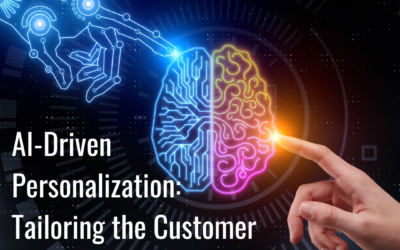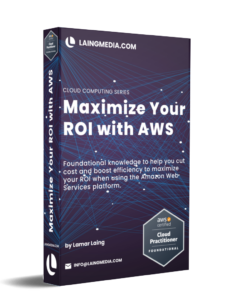In recent years, the healthcare industry has witnessed a remarkable transformation, thanks to the integration of artificial intelligence (AI) into various aspects of medical practice. Among the most promising applications of AI in healthcare is its role in diagnostics.
AI-driven imaging analysis and patient data processing are revolutionizing how healthcare professionals make diagnoses, enhancing accuracy and expediting treatment decisions. Here is a deeper look into the potential of AI in healthcare diagnostics and how it is shaping the future of medicine.
The Diagnostic Dilemma
Accurate and timely diagnosis lies at the heart of effective healthcare. However, healthcare providers often grapple with several challenges, including the sheer volume of medical data, the need for rapid decision-making, and the potential for human error. These challenges can lead to delayed diagnoses, misinterpretation of medical images, and suboptimal treatment plans. Here’s where AI steps in as a game-changer.
AI in Imaging Analysis
One of the most notable applications of AI in healthcare diagnostics is in medical imaging. AI algorithms, particularly deep learning models, can analyze medical images such as X-rays, CT scans, MRIs, and ultrasounds with extraordinary precision. These algorithms can identify patterns, anomalies, and potential areas of concern that might go unnoticed by the human eye.
For instance, AI can aid radiologists in detecting early signs of diseases like cancer, often at a stage when intervention is most effective. This not only enhances patient outcomes but also reduces the chances of misdiagnosis.
Faster Diagnoses and Treatment
AI doesn’t just improve accuracy; it also accelerates the diagnostic process. What used to take hours or even days for a diagnosis can now be achieved in a matter of minutes. This speed is particularly critical in emergencies and conditions where time plays a crucial role in patient survival.
Consider the case of stroke. AI-powered algorithms can swiftly analyze brain scans to determine whether a patient is experiencing a stroke and its type. This rapid assessment allows healthcare providers to administer life-saving treatments promptly.
Personalized Medicine
Artificial intelligence’s ability to process vast amounts of patient data extends beyond imaging. Machine learning algorithms can analyze electronic health records (EHRs) and genomic data to tailor treatments to an individual’s unique genetic makeup and medical history. This concept, known as personalized medicine, ensures that patients receive treatments that are not only effective but also minimize adverse effects.

Artificial Intelligence in Telemedicine
The rise of telemedicine has been further accelerated by AI. While many started taking advantage of this technology during the COVID-19 pandemic, the practice of telemedicine continues to rise post-pandemic. Virtual healthcare consultations often involve AI-driven chatbots and virtual assistants that can collect patient information, assist with triage, and even provide initial diagnoses. This not only improves access to healthcare but also relieves the burden on overworked healthcare professionals.
Ethical Considerations
While artificial intelligence offers tremendous promise, it also raises ethical considerations. Patient privacy, data security, and the potential for biases in AI algorithms are important issues that need careful attention. Healthcare organizations must implement robust safeguards to protect patient information and ensure that AI algorithms are fair and unbiased.
Changing the Healthcare Industry
The integration of AI in healthcare diagnostics is revolutionizing the field of medicine. AI-driven imaging analysis and patient data processing are enhancing accuracy, speeding up treatment decisions, and opening the door to personalized medicine.
As we embrace this technology, it’s important to strike a balance between innovation and ethical considerations to ensure that AI continues to benefit both patients and healthcare providers. The future of healthcare is bright, and AI is at the forefront of this transformation, bringing hope and improved outcomes to countless lives.
Want to learn more about how to integrate AI into your practice? Reach out to one of our Laing Media AI experts for a free consultation www.laingmedia.com.
AI-Driven Personalization: Tailoring the Customer Journey in Marketing
When it comes to marketing, staying ahead of the curve and ensuring customer satisfaction are essential for success. Marketers constantly seek innovative ways to enhance the customer experience and boost sales. Artificial Intelligence (AI) has emerged as a...
Building for the Future: 5 Ways to Scale with Amazon Web Services
There has been a lot of buzz recently around cloud solutions, and with that, architects face the challenge of anticipating current and future scale requirements. Whether it's accommodating organic growth or sudden surges due to mergers and acquisitions, architects...
AI-Powered Websites: The Future of Business
Businesses are constantly seeking innovative ways to stay ahead of the competition. One of the most promising and transformative technologies currently available is Artificial Intelligence (AI). AI is reshaping various industries, and the world of web development is no exception. AI-powered websites are rapidly becoming the future of business, offering numerous benefits such as enhanced user experiences, improved customer engagement, and increased productivity.
Talk to an expert.
For more information on holiday season content and Laing Media’s digital marketing services.






